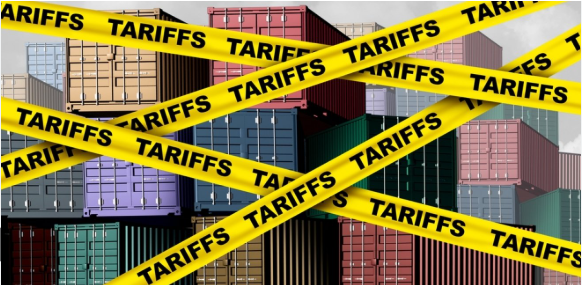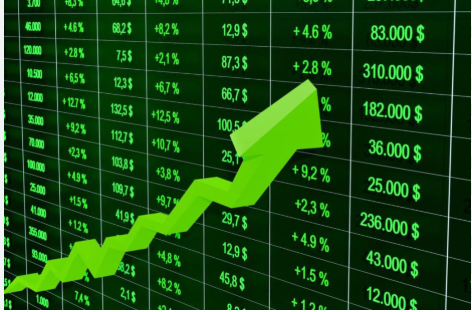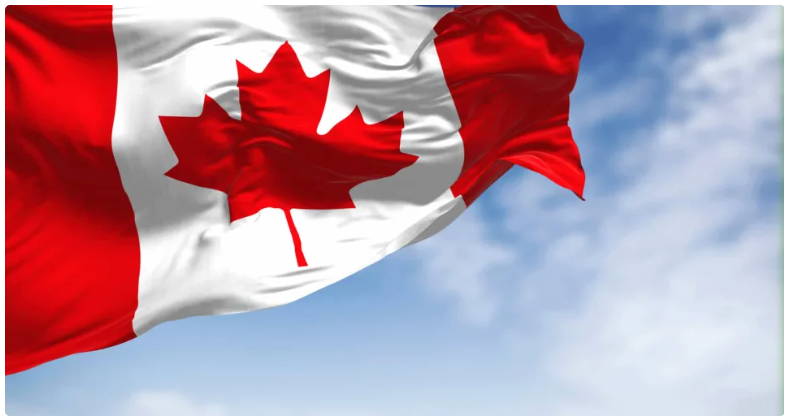Alcoa Corp., the iconic U.S. metals producer, is feeling the strain of former President Donald Trump’s aluminum tariffs and has halted all its growth projects in Canada as a result, as highlighted by Bloomberg.
CEO Bill Oplinger warned that if the tariffs remain in place, the company may need to seek support from the Canadian government. He said he’ll wait until August 1 — the deadline for renegotiating an economic and security deal between Canada and the U.S. — before deciding whether to request financial or other forms of assistance for its Quebec-based aluminum operations.

Also Read: Dividend paying stocks Canada
Bloomberg highlighted that “the profitability of Quebec assets has been significantly impacted,” Oplinger said in an interview Friday. “The longer this continues, the more it undermines the competitiveness of those facilities — and the Canadian government is well aware of that.”
Alcoa’s situation illustrates how tariffs designed to protect U.S. manufacturing are now harming one of the country’s largest aluminum producers. While headquartered in Pittsburgh, Alcoa relies heavily on its Canadian facilities to meet U.S. demand. The company owns three smelting and casting plants in Quebec, which primarily serve American customers — though the tariffs have forced Alcoa to reroute shipments to other global markets.
Also Read: Best long term Canadian stocks
“We’re doing everything we can to redirect shipments originally meant for the U.S. to other regions,” Oplinger said.
Alcoa’s latest earnings report showed the company incurred $115 million in tariff-related costs in the second quarter alone. If the trade barriers persist, Alcoa may lobby both the federal and Quebec governments for support.
Alcoa is not alone in facing these pressures. Since the Trump administration raised U.S. tariffs on aluminum imports — first to 25% in March, then to 50% in June — metal producers across North America have been hit hard. Rio Tinto, for example, reported over $300 million in tariff-related costs on its Canadian aluminum in the first half of the year and has imposed a hiring freeze at its Quebec smelters.
Oplinger said Alcoa has paused all planned capital investments in Quebec until there’s clarity on the tariff situation. “The growth projects we had in mind for Quebec are on hold until this is resolved,” he said.
While Alcoa can redirect up to 40% of its Quebec-produced aluminum to markets outside the U.S., mostly in Europe and elsewhere in Canada, weak overseas demand is making it difficult to fully offset the impact of U.S. tariffs.
Further uncertainty looms as Trump has threatened to impose similar 50% tariffs on aluminum imports from Brazil — a key source of alumina for Alcoa’s U.S. operations. Oplinger said the company is considering shifting its sourcing strategy to avoid potential added costs.
“This is the most intense period of trade uncertainty I’ve seen in my 25 years with Alcoa,” said Oplinger, who became CEO in 2023 after previously serving as Chief Operations Officer and Chief Financial Officer.
Sign Up For our Newsletters to get latest updates





